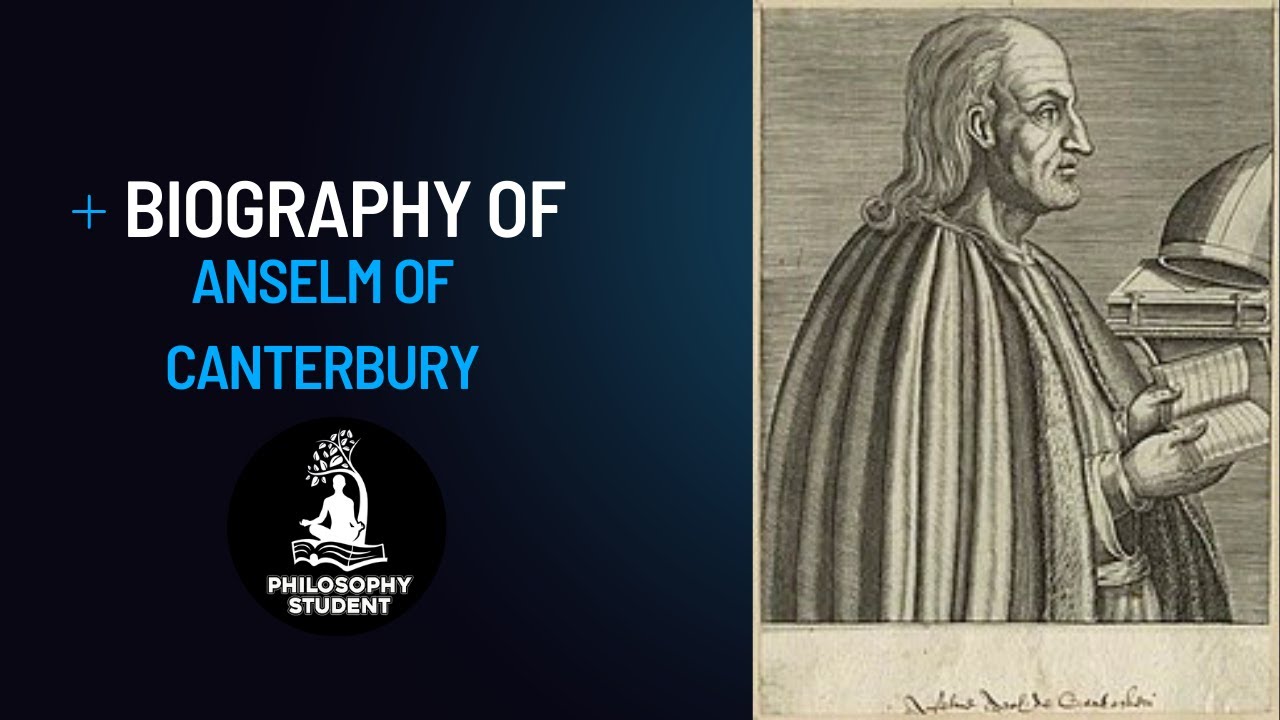Born in Aosta, Italy, in 1033 or 1034, Anselm was a Benedictine monk and theologian who was Archbishop of Canterbury from 1093 until his death on April 21, 1109. He was canonized by Pope Alexander III in 1163.
When he was twenty-three, Anselm left his family’s home and wandered in Burgundy and France for three years, entering the Benedictine abbey of Bec when he was twenty-seven. Early in his career as a monk, he wrote De Gramatico, a dialogue that is considered his first work of philosophy because it uses Latin syllogisms to resolve paradoxes that arise from the grammar of Latin nouns and adjectives.
He went on to write more dialogues, De Veritate (“On Truth”), De Libertate Arbitrii (“On the Freedom of Choice”), and De Casu Diaboli (“On the Devil’s Fall”), between 1080 and 1086.The first of these extends the conception of truth from fact to “correctness” of will, action, and what he refers to as essence. Using Aristotelian logic, Anselm proves the existence of an absolute truth, of which all other truths are formed. Absolute truth is directly attributed to God, and it affirms God as the fundamental principle of things and ideas. “On the Freedom of Choice” elaborates upon Anselm’s conception of absolute truth by discussing its relation to free will. The third dialogue, “On the Devil’s Fall,” argues that human beings are incapable of willing justly except through the divine Grace of God, the source of absolute truth.
Cur Deus Homo (“Why God Was a Man”), composed between 1095 and 1098, is a philosophical dialogue that argues for the necessity of the mystery of atonement, the doctrine that Christ’s crucifixion was necessary to atone for humankind’s sins. Although this dialogue is widely considered Anselm’s greatest work of theology, its argument is based on a philosophical view of justice and is divorced from grace.




































